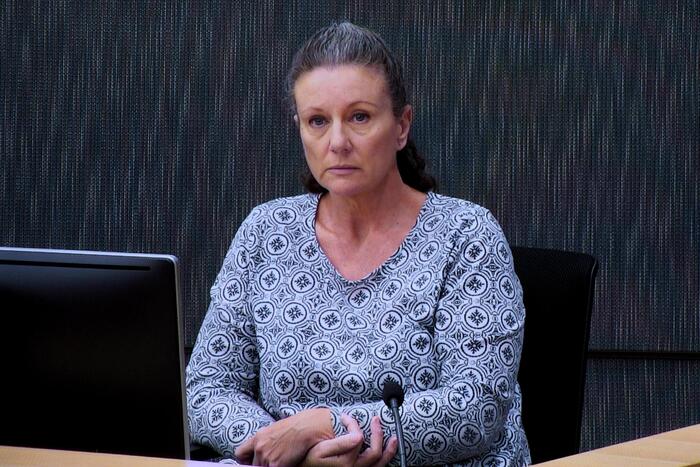(ANSA) - ROME, JUNE 05 - First painted as a murderer, condemned for taking the lives of her four children. Now, however, as a victim, because according to scientists in reality that heinous crime never committed. This is the story of Kathleen Folbigg, so far known as "Australia's worst female serial killer" but who after twenty years of unjust detention can return to write her destiny.
It all began in 2003, when the woman - who has always professed her innocence - was sentenced to 40 years, later reduced to 25, in prison on charges of killing her four children (Sarah, Laura, Patrick and Caleb), aged between nine weeks and nineteen months. In the absence of solid forensic evidence, prosecutors at the time said Folbigg had suffocated the children, who died suddenly between 1989 and 1999. For them there seemed to be no other explanation.
Today, however, new scientific evidence has shown otherwise. A team of immunologists has found that the woman's two daughters shared a genetic mutation — called CalmM2 G114R — that can cause sudden cardiac death. The two sons, however, had a different genetic mutation, linked to epilepsy. According to Professor Carola Vinuesa, head of the research team at the Australian National University, an unusual genetic sequence could be immediately apparent in Ms Folbigg's DNA before the children's samples were even tested. Such cases, however, are very rare. According to Vinuesa, there are 134 worldwide. (ANSA).
Australia: woman exonerated for the death of her 4 children
2023-06-05T17:13:24.768Z
Highlights: Kathleen Folbigg was sentenced to 40 years, later reduced to 25, in prison on charges of killing her four children. In the absence of solid forensic evidence, prosecutors at the time said she had suffocated the children, who died suddenly between 1989 and 1999. A team of immunologists has found that the woman's two daughters shared a genetic mutation — called CalmM2 G114R — that can cause sudden cardiac death. The two sons, however, had a different genetic mutation, linked to epilepsy.

First portrayed as a murderer, convicted of taking the lives of her four children. Now, instead, as a victim, because according to scientists in reality that heinous crime never committed. (ANSA)
